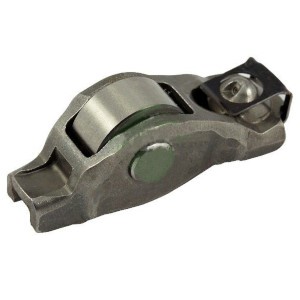 GB
GB
Engine Seals

To help us bring you the correct parts,
use our car finder to search for your reg or select your vehicle above
Any car's engine needs engine seals because they prevent dirt, dust, and other impurities from entering the engine.
Also, they support maintaining vital lubrication, which enables the engine to run smoothly.
Engine seals are compatible with a wide range of cars and engine types since they are available in a number of shapes and sizes.
You can discover the ideal engine seals for your automobile right here, assuring years of trouble-free operation.
Our extensive inventory includes anything from premium O-rings to traditional rubber seals, all of which are supported by dependable manufacturer warranties and require minimal assembly.
We want to make sure you get the right seal for your specific engine, so if you have any questions, our experienced sales staff are always on hand to help.
Give us a call and get the engine seals you need for a reliable and stress free drive.

Frequently Asked Questions - FAQs

Q: What are the main purposes of engine seals?
A: Engine seals are used to maintain a tight seal between the engine block and the cylinder head or engine components, so as to reduce or eliminate the risk of oil, coolant, and other fluids leaking out.
Q: What types of engine seals are available?
A: There are a variety of engine seals available including O-rings, V-rings, H-rings, and P-rings.
Q: How often should engine seals be replaced?
A: Engine seals should be inspected for wear and replaced as needed. Most manufacturers recommend inspecting seals every 6 months or 6,000 miles, whichever comes first.
Related Products




















































































































